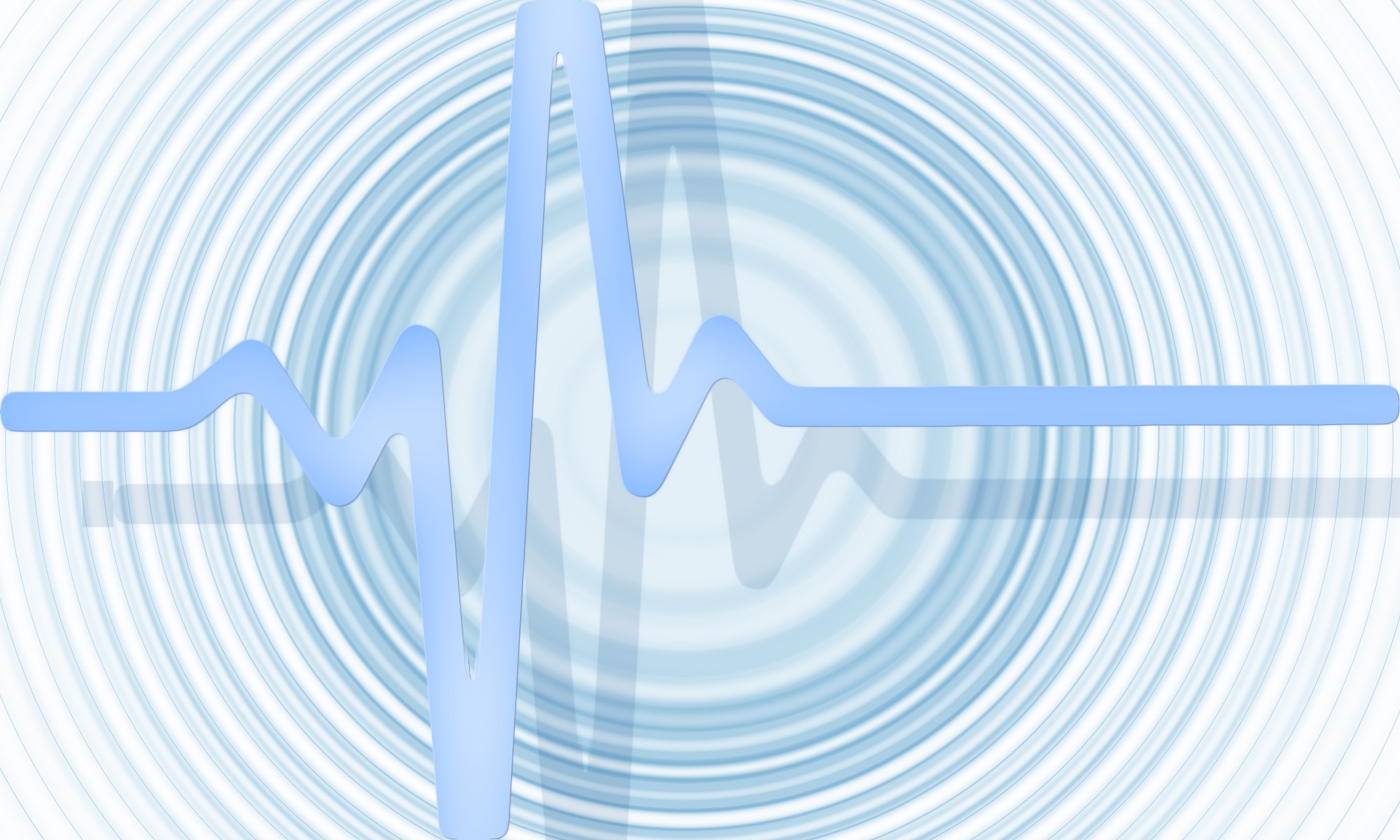
Telemedicine Needed Now More Than Ever
E-health has been a buzzword for healthcare since the internet was born and is now much more than how it was once characterised. E-Health established itself through its ability to help patients have more choice between providers, better access to medical records, enable improved education of physicians through online sources and share information between healthcare establishments.
Now more than ever telemedicine has proved to be vital for healthcare workers in the midst of the Covid 19 pandemic. Healthcare professionals are able to conduct televisits as an alternative to in person visits, much like they do during flu season, to protect themselves and prevent the spread of infection. Patients located in remote locations can also be assessed in this way.
Most of the televisits are conducted via the patient’s smart phones or computers from the comfort of their own home, encouraging people to contact their doctor at the first signs of illness and preventing the need for them to go into crowded urgent care centers and hospitals.
Apps and telemedicine solutions are further enhancing the process, medical professionals can even connect devices to the videoconference to collect vital information. Patients with more serious and long-term conditions can be monitored through Remote Patient Monitoring (RPM), a technology to enable the monitoring of patients in their own home or in a remote area. In many cases this may increase access to care and decrease healthcare delivery costs.
Incorporating RPM in chronic-disease management may significantly improve an individual’s quality of life, by allowing patients to maintain independence, prevent complications, and to minimize personal costs. This is all done through telecommunications. This form of patient monitoring can be particularly important when patients are managing complex self-care it enables early detection of deterioration; thereby reducing emergency department visits, hospitalizations, and the duration of hospital stays.
In recent years, the huge surge in smartphone use and increased engagement with digital health has led to people taking advantage of the hundreds of thousands of health apps on the market, five million people download a health app every day, with over 90% of health professionals believing that apps could help their patients.
Digital Health has evolved and will continue to do so. It will increase its ability to monitor different conditions and become far more sophisticated in its reach. Importantly it will also record big data giving a clearer picture for diagnoses and cures for our future generations.
